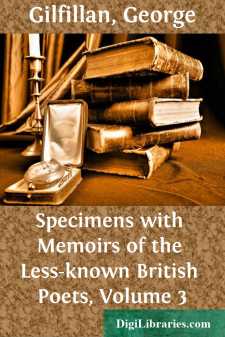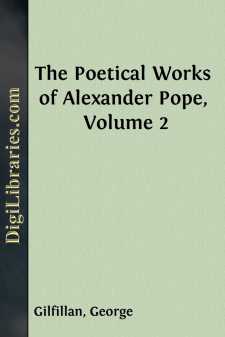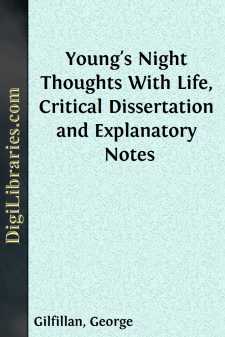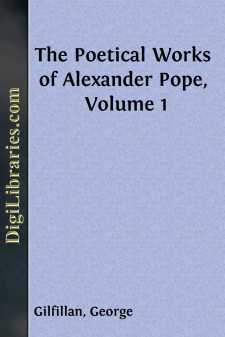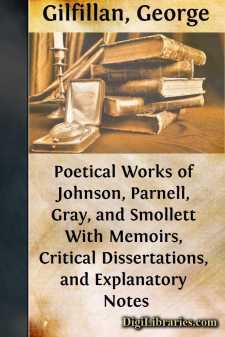Categories
- Antiques & Collectibles 13
- Architecture 36
- Art 48
- Bibles 22
- Biography & Autobiography 816
- Body, Mind & Spirit 145
- Business & Economics 28
- Children's Books 18
- Children's Fiction 14
- Computers 4
- Cooking 94
- Crafts & Hobbies 4
- Drama 346
- Education 58
- Family & Relationships 59
- Fiction 11834
- Foreign Language Study 3
- Games 19
- Gardening 17
- Health & Fitness 34
- History 1378
- House & Home 1
- Humor 147
- Juvenile Fiction 1873
- Juvenile Nonfiction 202
- Language Arts & Disciplines 89
- Law 16
- Literary Collections 686
- Literary Criticism 179
- Mathematics 13
- Medical 41
- Music 40
- Nature 179
- Non-Classifiable 1768
- Performing Arts 7
- Periodicals 1453
- Philosophy 66
- Photography 2
- Poetry 897
- Political Science 203
- Psychology 45
- Reference 154
- Religion 516
- Science 126
- Self-Help 86
- Social Science 82
- Sports & Recreation 34
- Study Aids 3
- Technology & Engineering 59
- Transportation 23
- Travel 463
- True Crime 29
Our website is made possible by displaying online advertisements to our visitors.
Please consider supporting us by disabling your ad blocker.
Specimens with Memoirs of the Less-known British Poets, Volume 3
by: George Gilfillan
Description:
Excerpt
SIR CHARLES SEDLEY.
Sedley was one of those characters who exert a personal fascination over their own age without leaving any works behind them to perpetuate the charm to posterity. He was the son of Sir John Sedley of Aylesford, in Kent, and was born in 1639. When the Restoration took place he repaired to London, and plunged into all the licence of the time, shedding, however, over the putrid pool the sheen of his wit, manners, and genius. Charles was so delighted with him, that he is said to have asked him whether he had not obtained a patent from Nature to be Apollo's viceroy. He cracked jests, issued lampoons, wrote poems and plays, and, despite some great blunders, was universally admired and loved. When his comedy of 'Bellamira' was acted, the roof fell in, and a few, including the author, were slightly injured. When a parasite told him that the fire of the play had blown up the poet, house and all, Sedley replied, 'No; the play was so heavy that it broke down the house, and buried the poet in his own rubbish.' Latterly he sobered down, entered parliament, attended closely to public business, and became a determined opponent of the arbitrary measures of James II. To this he was stimulated by a personal reason. James had seduced Sedley's daughter, and made her Countess of Dorchester. 'For making my daughter a countess,' the father said, 'I have helped to make his daughter' (Mary, Princess of Orange,) 'a queen.' Sedley, thus talking, acting, and writing, lived on till he was sixty- two years of age. He died in 1701.
He has left nothing that the world can cherish, except such light and graceful songs, sparkling rather with point than with poetry, as we quote below.
TO A VERY YOUNG LADY.
1 Ah, Chloris! that I now could sit
As unconcerned, as when
Your infant beauty could beget
No pleasure, nor no pain.
2 When I the dawn used to admire,
And praised the coming day;
I little thought the growing fire
Must take my rest away.
3 Your charms in harmless childhood lay,
Like metals in the mine,
Age from no face took more away,
Than youth concealed in thine.
4 But as your charms insensibly
To their perfection pressed,
Fond Love as unperceived did fly,
And in my bosom rest.
5 My passion with your beauty grew,
And Cupid at my heart,
Still as his mother favoured you,
Threw a new flaming dart.
6 Each gloried in their wanton part,
To make a lover, he
Employed the utmost of his art,
To make a Beauty, she.
7 Though now I slowly bend to love,
Uncertain of my fate,
If your fair self my chains approve,
I shall my freedom hate.
8 Lovers, like dying men, may well
At first disordered be,
Since none alive can truly tell
What fortune they must see.
SONG.
1 Love still has something of the sea,
From whence his mother rose;
No time his slaves from doubt can free,
Nor give their thoughts repose.
2 They are becalmed in clearest days,
And in rough weather tossed;
They wither under cold delays,
Or are in tempests lost....


